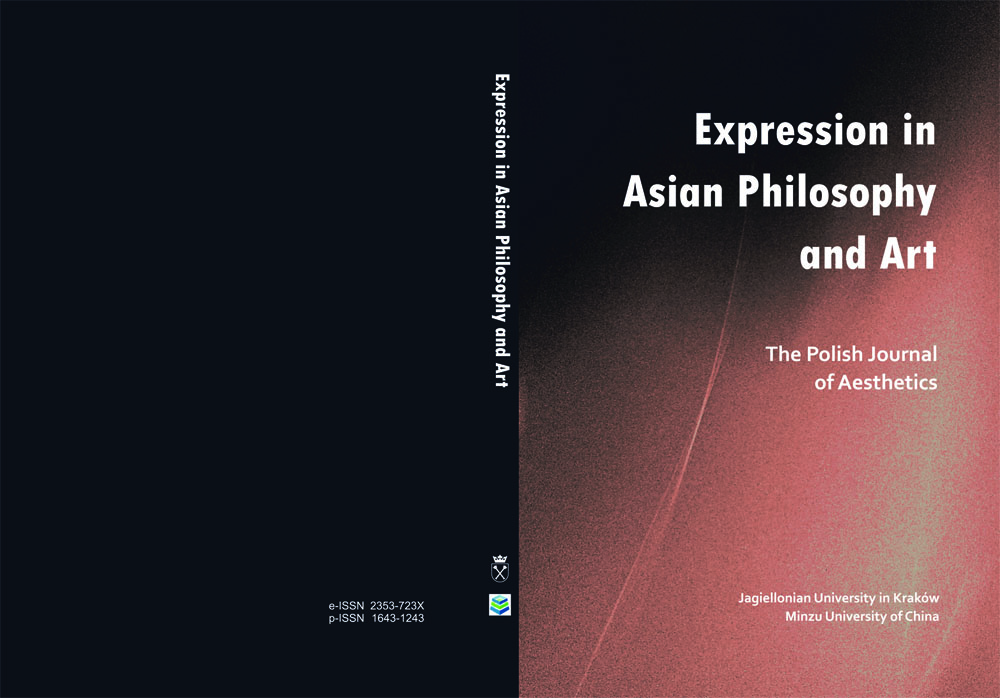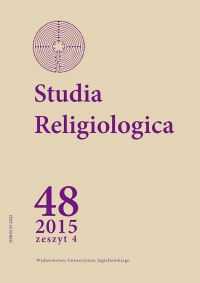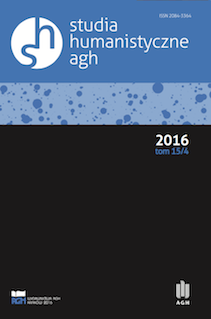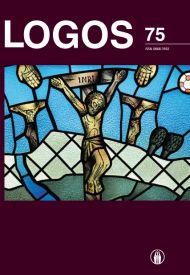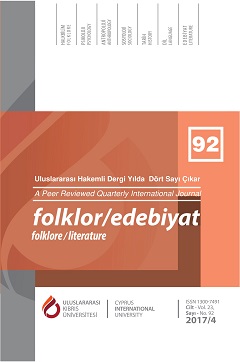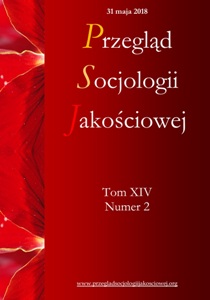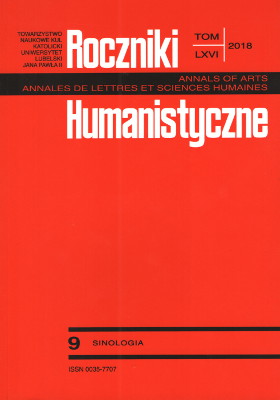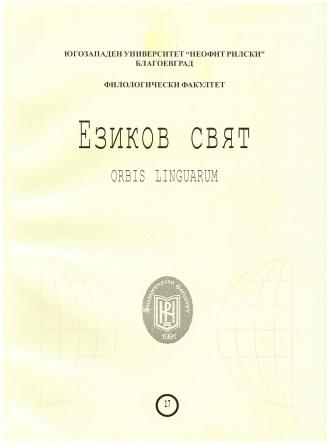Author(s): Hatice Köroğlu Türközü / Language(s): Turkish
Issue: 92/2017
Han Yon-un, who lived between 1879 and 1944, was a Japanese imperialism period poet, a Buddhist monk and a nationalist activist. When we look at the poet's poems in general, it is different from the poets of the period. According to the philosophy of Buddhism, with the information provided by Han Yong as a monk, the society must first be freed before it can reach Nirvana. Han, himself, will be enlightened after the society in which he lives in has gotten liberty. So, from a different point of view, the main theme of his poems is Buddhism and Freedom. The concept of “lover (nim-님)” in his poems differs from that of the period’s poets. For example, Gim So Vol (1902-1934), one of the poets of the same period, also, wrote poems based on the concept of the lover. However, while the love that Han has left will surely return to him someday, Gim's dear never returns in his poems. In all Han's poems, spirituality and hope are dominant. When his poems are read in a simple way, it is possible to see the disappearance of something important and the suffering of the desperate hope of regaining it. If we read through the poems more deeply, we can perceive that they reach a superior level, by deeply understanding the state of the nation, by combining deep religious experience and a clear artistic feeling. This is why his poems can be seen as love songs by young people, greetings by religious people, and can be read by nationalists as a password that translates fervent emotions into national independence. In this study, we tried to examine the concept of "lover" which Han used as an image through several poems.
More...
